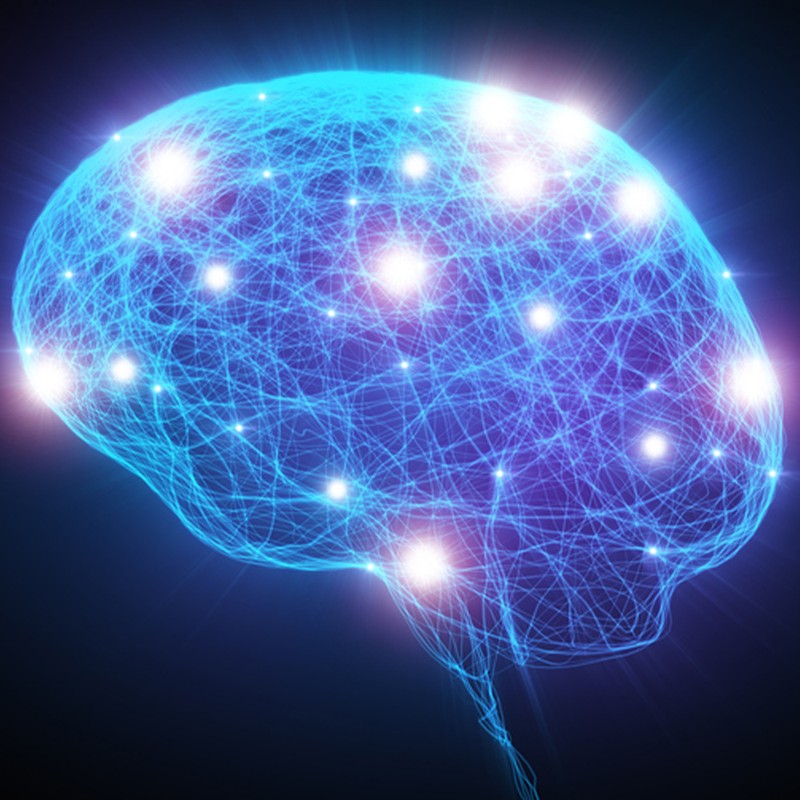How To Get Rid Of Brain Fog
Stay Hydrated
“Brain fog is a groggy feeling, a bit like jet lag, where you aren’t functioning mentally as well as you are normally able to. The main symptoms include physical and mental grogginess, poor recall, an inability to focus, low energy and fatigue. These symptoms may be accompanied by irritability and low mood. One of the most common reasons for brain fog is dehydration. A lot of people wake up feeling foggy because they haven’t had any water for around eight hours overnight. The biggest mistake here is to reach for coffee as this dehydrates you further, temporarily masking the feeling but creating a vicious cycle.” – Tara Swart, neuroscientist & author of The Source
Stress Less
“Stress is the number-one cause of mental exhaustion. It consumes energy voraciously and takes its toll on your brain function. Stress can drain more than 70% of the blood from your frontal lobes – the area connected to thinking – depriving them of oxygen and impairing your ability to focus. A raised level of cortisol – the hormone associated with stress – reduces the numbers of neurons in your hippocampus (the brain area that deals with learning, memory and emotional control) and destroys your mitochondria. If you keep thinking the same negative thoughts, your cortisol will continue flowing, reducing your brain’s cognitive function in the process.” – Sara Davenport, author of Reboot Your Brain
Take The Right Supplements
“You should always get individualised advice about supplements but, at the minimum, taking a B vitamin complex, liposomal vitamin C and magnesium are essential for optimum brain health. Over 70% of people in the modern world are grossly deficient in magnesium. Probiotics can help correct the gut – I take Symprove regularly. I also recommend Heights, a supplement that puts your brain first – it contains vegan omega oils, B complex vitamins, antioxidant blueberry extract, vitamin D, iron and micronutrients. It covers all your basic brain needs, but remember supplements are an adjunct to a healthy, balanced diet, not a solution to a poor one.” – Tara
Try An Anti-Inflammatory Diet
“The Mito diet is a food plan designed to support healthy mitochondria, the tiny batteries that power up your brain cells and generate more than 90% of the energy your body needs to live. It’s an anti-inflammatory, gluten-free, high-quality fat, low-grain and low-GI diet that’s a great way to future-proof the brain. Research shows calorie and carbohydrate restriction, along with eating lean, clean proteins, high-quality fats and oils, and more plant foods, may help prevent or slow down neurological disease. Foods recommended on the plan include wild Alaskan salmon, mackerel, sardines, cod, elk, venison, grass-fed lamb, blueberries, avocado, nuts and seeds.” – Sara
Sleep More
“If we do not get a sufficient amount of quality sleep, we will feel groggy and fatigued most of the time. We cannot function cognitively without enough sleep that incorporates all the phases of the 90-minute cycle –both REM and non-REM sleep is required to consolidate and process memories from the day. Studies show disrupted sleep causes memory deficits, mood changes and even temporary drops in our IQ. This drop in cognitive function is exactly what brain fog is – we need seven to nine hours of good-quality sleep every night to be in peak brain health.” – Tara
Boost Gut Health
“Brain fog tends to be coupled with low energy and feeling muddled, forgetful and just not ‘with it’. Recent research is looking at something called ‘neuroinflammation’, suggesting brain inflammation could be linked to brain fog. Neuroinflammation happens when specific white blood cells called microglia are activated. This can happen due to a head injury, but new research suggests there are links with wider, whole-body inflammatory responses, which can originate in the gut. The gut is a hive of activity from an immune perspective, and as such there is potential for inflammatory responses to be over-activated. The health of the gut, including the diversity of the microbiome, and nutrients including vitamins D and A, are needed to keep this gut inflammation under control and prevent it ‘spilling over’ beyond the gut via the gut-brain axis. Anything you can do to keep your gut healthy will have a positive impact on brain fog – and the biggest one to consider is alcohol, as too much can impact the gut-brain axis.” – Nicola Moore, nutritional therapist
Consider Vitamin B
“There are eight different B vitamins, and many play a crucial role in brain health, particularly in mental energy and brain-repair processes. All are important but most research has concentrated on three: B6, B12 and B9 (folate, the natural form, or folic acid, its synthetic form). Vitamin B12 is particularly important for brain health and something most of us need to consider taking as a daily supplement. Unlike some vitamins, B12 is stored by the body for long-term use, which means deficiency can take time to develop. Vegans are particularly at risk of deficiency, as B12 is only found in animal products.” – Sara
Stay Active
“Exercise delivers increased oxygen and energy to the brain, and has been identified as a key way to encourage neuroplasticity, i.e. the formation of new neurons ,and the strengthening and growth of neural pathways in the brain. In fact, a recent study found cardio and weight training increased the volume of the hippocampus by 2%. The greatest benefits appear to come from HIIT training – one study found regularly incorporating interval training into your fitness regime can boost mitochondrial capacity by 49% in younger people and 69% in older people.” – Sara
Exercise Your Brain In Other Ways Too…
“Exercise for the brain comes in many forms, not just physical activity. For example, we know sleep is vital, as it’s during sleep that our brain removes toxic debris and repairs itself. Plus, just as the body benefits from exercise, so does the brain. Brain training programmes, acronyms and mnemonics are all useful, as is meditation. Focusing your brain is also key – this is perhaps the most overlooked way of improving your memory and brain function. It’s rare for us to focus on one task only, as we tend to multi-task, but this can have a huge impact. Plus, cleanse your brain and quit smoking – the toxins from cigarettes can damage your brain cells.” – Dr Shabir Daya, pharmacist & co-founder of Victoria Health
...But Be Wary Of Cardio
“Inertia (i.e. not moving) is damaging to the body as it gives it no reason to look after itself; we don’t excrete metabolic waste properly and we feel lacklustre. Being physically active on a basic level will flood the body with fresh oxygen and remove the waste so we automatically feel more alert. My advice is to move regularly, even if it’s just going out for three short walks over the course of the day. If someone were very foggy or fatigued, I’d get them doing yoga or Pilates to encourage gentle movement. If stress isn’t a concern, consider cardio and HIIT-style training. But remember prolonged cardio is a form of stress in itself. It can also exacerbate hormonal issues, so look at your response to intense cardio – if you feel super energised at the time, but then crash and feel awful later that day, give these types of activity a miss.” – Phoebe Liebling, nutritionist at Motion Nutrition
Consider A Nootropic
“When it comes to the nervous system, we want to be all-encompassing rather than just flicking switches up and down randomly. I love the Motion Nutrition nootropics as they support neurological function overall with bountiful vitamins, minerals, targeted amino acids and adaptogenic herbs, but they also tap into our gut health (through the inclusion of lion’s mane mushroom in Power Up) and support the thyroid with iodine in Unplug. Just give supplements time to work – true change will occur cumulatively over 20-30 days.” – Phoebe
Give your brain a boost with these expert-approved formulas…
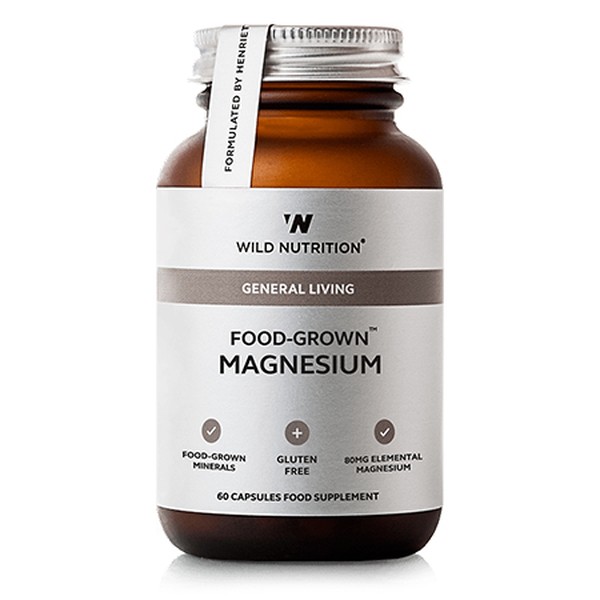
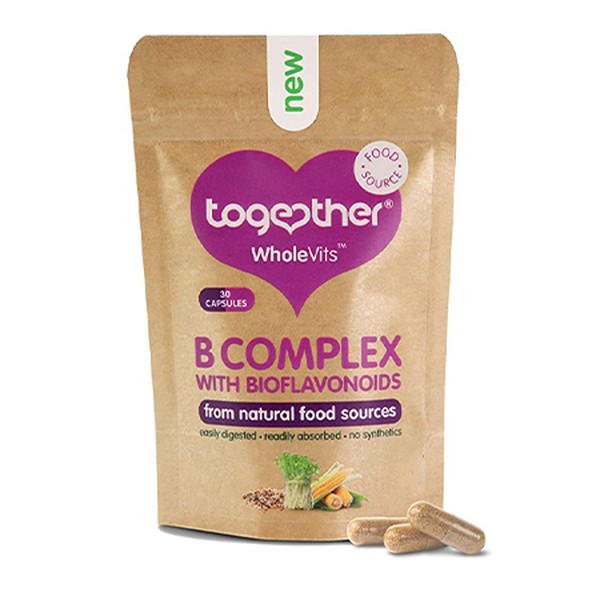
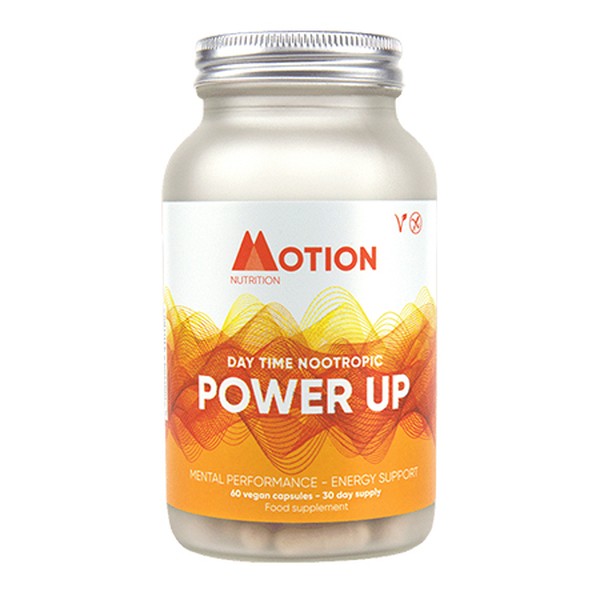
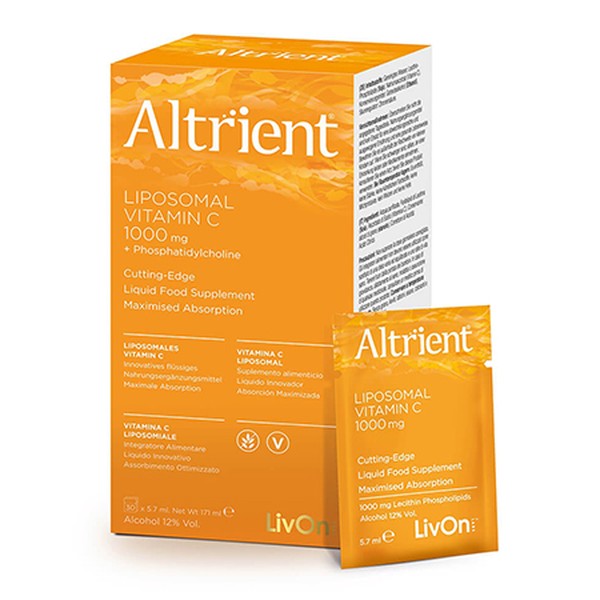

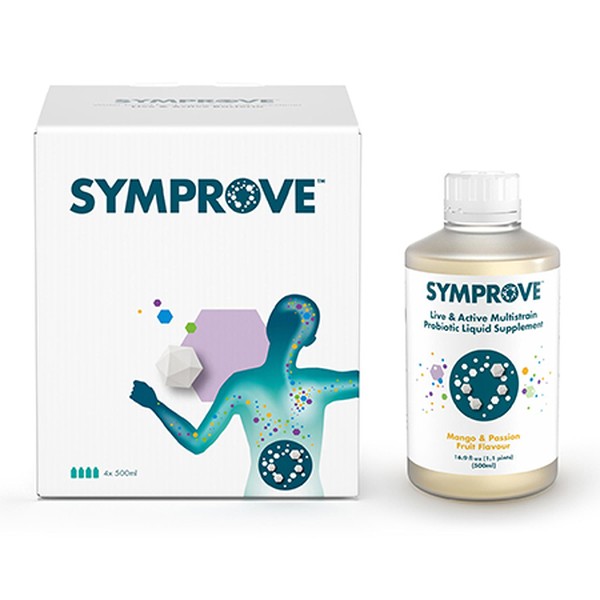
*Features published by SLMan are not intended to treat, diagnose, cure or prevent any disease. Always seek the advice of your GP or another qualified healthcare provider for any questions you have regarding a medical condition, and before undertaking any diet, exercise or other health-related programmes.
DISCLAIMER: We endeavour to always credit the correct original source of every image we use. If you think a credit may be incorrect, please contact us at [email protected].
